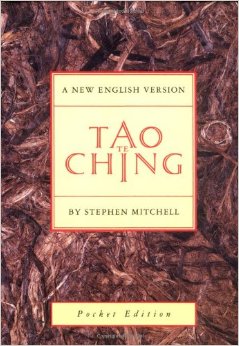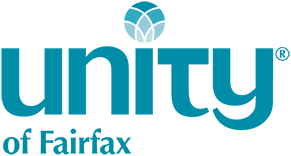- Zoom Video: Chapter Ten, March 29, 2020
Tao Te Ching
 Tao Te Ching (pronounced, more or less, Dow Deh Jing) can be translated as The Book of the Way.
Tao Te Ching (pronounced, more or less, Dow Deh Jing) can be translated as The Book of the Way.
The author's name, Lau-tzu, in Chinese means, roughly, "the Old Master" or "the Old Boy." He cared deeply about the welfare of one's fellow human beings. His book is, among other things, a treatise on the art of government, whether of a country or a child.
A good athelete can enter a state of body-awareness in which the right stroke or the right movement happens by itself, effortlessly, without any interference of the conscious will. This is a paradigm for the so-called "non-action" in the Tao Te Ching, the purest and most effective form of action.
Lao-tzu's central figure is a man or woman whose life is in perfect harmony with the way things are. This is not an idea, Mr. Mitchell comments; he has seen it. In surrendering to the Tao, in giving up all concepts, judgments, and desires, the "Master's" mind has grown naturally compassionate.
The teaching of the Tao Te Ching is moral in the deepest sense. Unencombered by any concept of sin, the Master doesn't see evil as a force to resist, but simply as an opaqueness, a state of self-absorption which is in disharmony with the universal process, so that, as with a dirty window, the light can't shine through.
Chapter 10
On March 29th we studied Chapter 10:
Can you coax your mind from its wandering and keep to the original oneness?
Can you let your body become supple as a newborn child’s?
Can you cleanse your inner vision until you see nothing but the light?
Can you love people and lead them without imposing your will?
Can you deal with the most vital matters by letting events take their course?
Can you step back from your own mind and thus understand all things?
Giving birth and nourishing,
having without possessing,
acting with no expectations,
leading and not trying to control,
this is the supreme virtue

